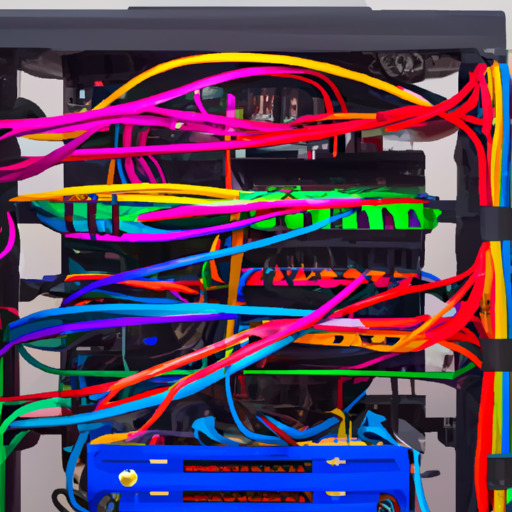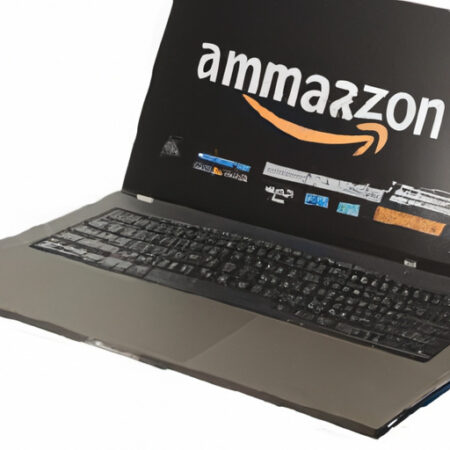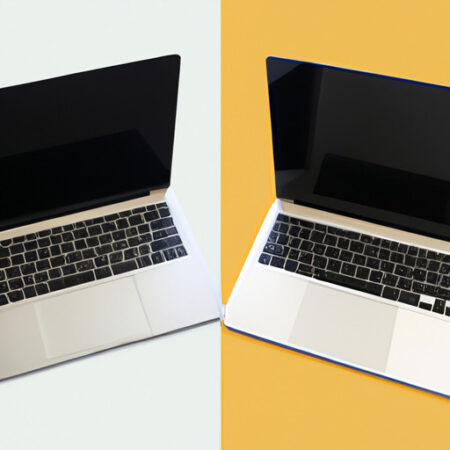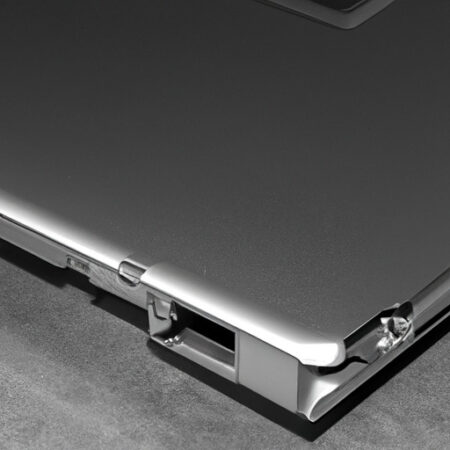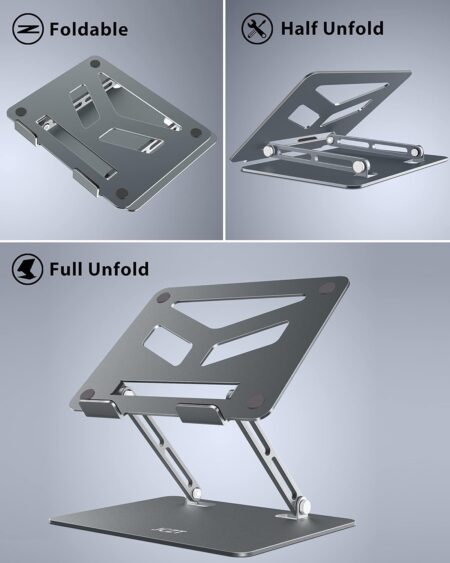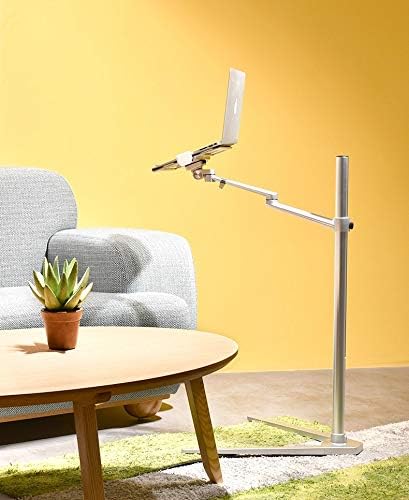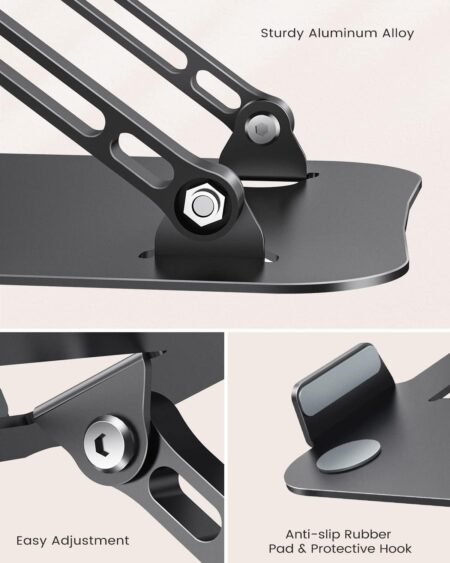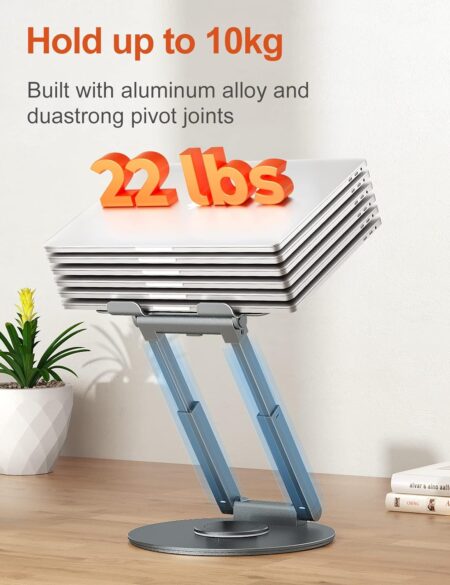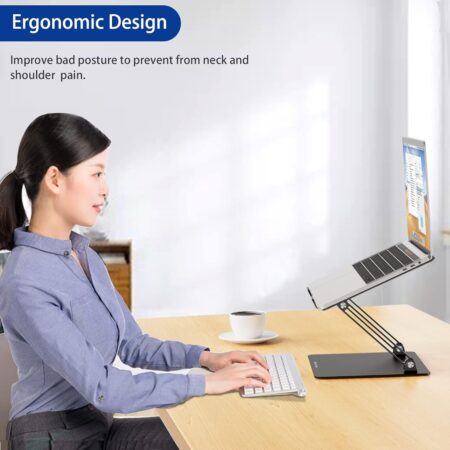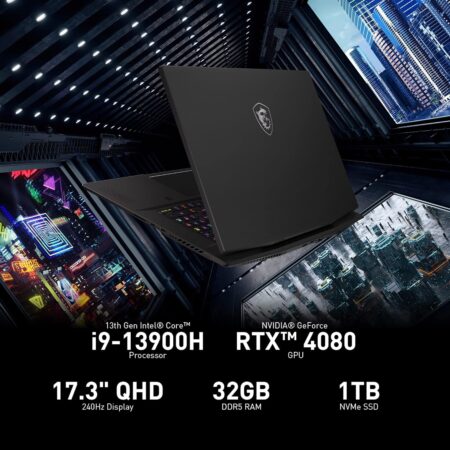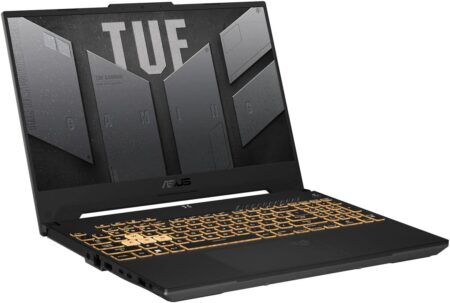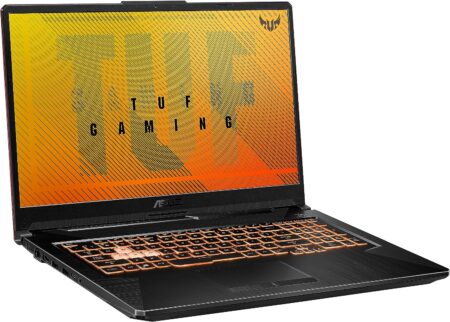Thinking about purchasing a used laptop? It’s important to consider factors such as age, condition, specifications, and battery health before making a decision. Verifying that the laptop isn’t stolen and ensuring its smooth operating system are also key. And when it comes time to dispose of a laptop, don’t forget to back up your files, wipe the hard drive, and consider options such as donation or recycling to protect the environment. While laptops offer benefits such as portability and space-saving, desktops can still have advantages in terms of upgradability, raw power, and cost for performance. So, what can a desktop do that a laptop can’t? Let’s dive into that question and explore the possibilities.
Upgradability
One of the biggest advantages of a desktop computer over a laptop is the ability to easily upgrade its components. With a desktop, you have the freedom to customize and improve your computer’s performance as needed. You can easily swap out the CPU, add more RAM, upgrade the graphics card, or even replace the storage drive. This level of upgradability allows you to stay current with the latest technology and adapt your computer to meet your specific needs.
Raw Power
When it comes to raw power, desktop computers have the upper hand. The larger size of a desktop tower allows for better cooling and more powerful hardware. Desktops are often equipped with high-performance processors and graphics cards that can handle demanding tasks such as video editing, 3D rendering, or gaming. The increased power of a desktop means faster processing speeds and smoother performance for intensive applications and multitasking.
Expanded Storage Options
Desktops offer more flexibility when it comes to storage options. While laptops usually have limited storage capacity, desktops can accommodate multiple hard drives or solid-state drives (SSDs). This allows you to have more space for storing files, games, and media. Additionally, desktop computers often have larger internal storage options, such as terabyte-sized hard drives, which can be advantageous for users who need to store large amounts of data.
Better Cooling
Desktop computers have better cooling capabilities compared to laptops. The larger size of a desktop tower allows for more efficient airflow, which helps to dissipate heat generated by the internal components. Furthermore, desktops can use larger and more effective cooling systems, such as liquid cooling solutions, which keep the components running at optimal temperatures. This enhanced cooling ability helps prevent overheating and extends the lifespan of the components, resulting in better overall performance and reliability.
Multiple Monitor Support
For users who require a multi-display setup, desktop computers offer better support for multiple monitors. Many desktops come equipped with multiple video outputs, allowing you to connect two or more monitors simultaneously. This feature is particularly useful for professionals who need to multitask and have multiple windows or applications open simultaneously. Whether you’re a graphic designer, trader, programmer, or content creator, the ability to have multiple screens can greatly enhance productivity and workflow.
Easier Customization
Unlike laptops, desktop computers offer much more flexibility in terms of customization. With a desktop, you have the freedom to choose each component individually and build a computer that perfectly suits your needs. From choosing the processor, graphics card, RAM, to selecting the case design and peripherals, you can have full control over the aesthetic and functional aspects of your computer. This level of customization allows you to create a personalized setup that reflects your style and preferences.
More Affordable
Desktop computers often offer better value for money compared to laptops. Due to their larger size and standardized components, desktops tend to be more affordable than their portable counterparts with similar specifications. If you’re on a budget or looking for a computer with higher performance at a lower cost, a desktop could be a more cost-effective option. You can also prioritize certain components that are crucial for your needs, such as investing more in a powerful processor or graphics card, while compromising on other features.
Better Performance for Intensive Tasks
When it comes to performing intensive tasks, such as gaming, video editing, or running complex software, desktop computers excel. The combination of more powerful hardware, better cooling, and the ability to customize components allows desktops to handle resource-intensive tasks more efficiently. Whether you’re a professional working on graphic design projects or a gamer looking for a smooth and immersive gaming experience, a desktop computer can provide the performance you need without compromising quality or speed.
Greater Durability
Desktop computers are generally more durable than laptops. While laptops are designed to be portable and lightweight, they are also more susceptible to damage due to their compact size and delicate components. In contrast, desktops are built with sturdier materials, have more space for ventilation, and their components are less likely to be affected by accidental drops or bumps. This increased durability translates into a longer lifespan, reducing the need for frequent repairs or replacements.
Enhanced Gaming Experience
For avid gamers, desktop computers offer an unparalleled gaming experience. The raw power, upgradability, and cooling capabilities of desktops allow for high-quality graphics, smooth gameplay, and faster frame rates. With a desktop, you have the option to choose from a wider range of graphics cards, dedicated gaming peripherals, and even customize the lighting and aesthetics of your setup. Desktops also provide the advantage of larger monitors, giving you a more immersive gaming experience compared to the smaller screens of laptops.
In conclusion, while laptops offer portability and space-saving benefits, desktop computers provide numerous advantages for users who prioritize performance, customization, and upgradability. From the ability to easily upgrade components to raw power and enhanced cooling, desktops offer a superior level of performance, making them ideal for gaming, intensive tasks, and professionals who need high-performance computing solutions. With better durability, expanded storage options, and the freedom to customize, desktops provide a reliable and customizable computing experience that laptops can’t match.

